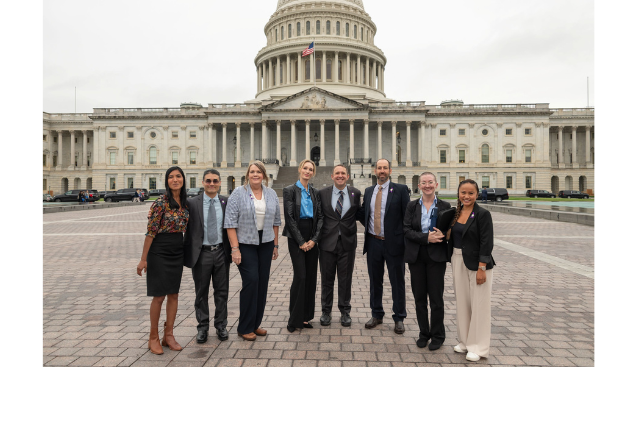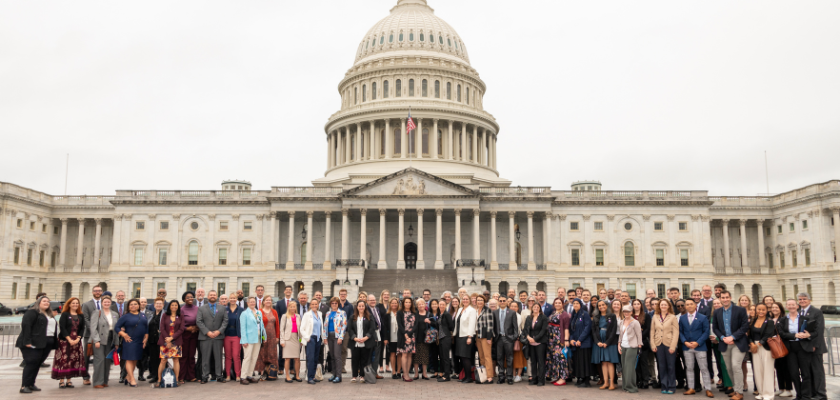Advocacy In Action
Addiction Medicine Advocacy Conference
Use your voice to shape addiction medicine policy. Join us in DC on September 15-16, 2025.

Overview
The Addiction Medicine Advocacy Conference (AMAC) is a two-day, in-person advocacy event that convenes ASAM members and addiction medicine experts in Washington, DC, to advocate for advancements in addiction medicine policy.
On day one, attendees will receive training from expert advocacy professionals on policy issues important to the practice of addiction medicine. Day two will bring attendees to Capitol Hill, where they will meet with legislators and their staff to advance a policy agenda designed to support addiction treatment professionals as they care for patients and save lives.
Registration Rates
This event is free and exclusive to ASAM members.
Capacity is limited to 95 attendees, so please only register if you are able to commit to the entire event. This means that you must be available until 5:00 pm on Tuesday, September 16 and should plan your travel accordingly.
- Click here to become an ASAM member.
- Membership Question? Call ASAM at 1.301.656.3920, email member@asam.org, or view the ASAM website.
2025 Partners
ASAM welcomes our national advocacy partners:
.jpg?sfvrsn=d0a55ac2_3)
American College of Academic Addiction Medicine (ACAAM)

2024 Highlights
AMAC 2024 convened over one hundred ASAM members and addiction medicine experts who participated in 155 meetings on Capitol Hill with policymakers and their staff.
U.S. Senator Maggie Hassan from New Hampshire met with attendees and delivered in-person remarks outlining her addiction policy priorities. The Senator encouraged the group to share their personal stories and testimonies from the frontlines of the addiction crisis during their meetings on Capitol Hill. In a recorded video, U.S. Senator Bill Cassidy from Louisiana also addressed attendees and discussed The SUPPORT Reauthorization Act, which would expand access to evidence-based addiction care. Read more highlights from last year's event here and learn about the policy priorities here.

